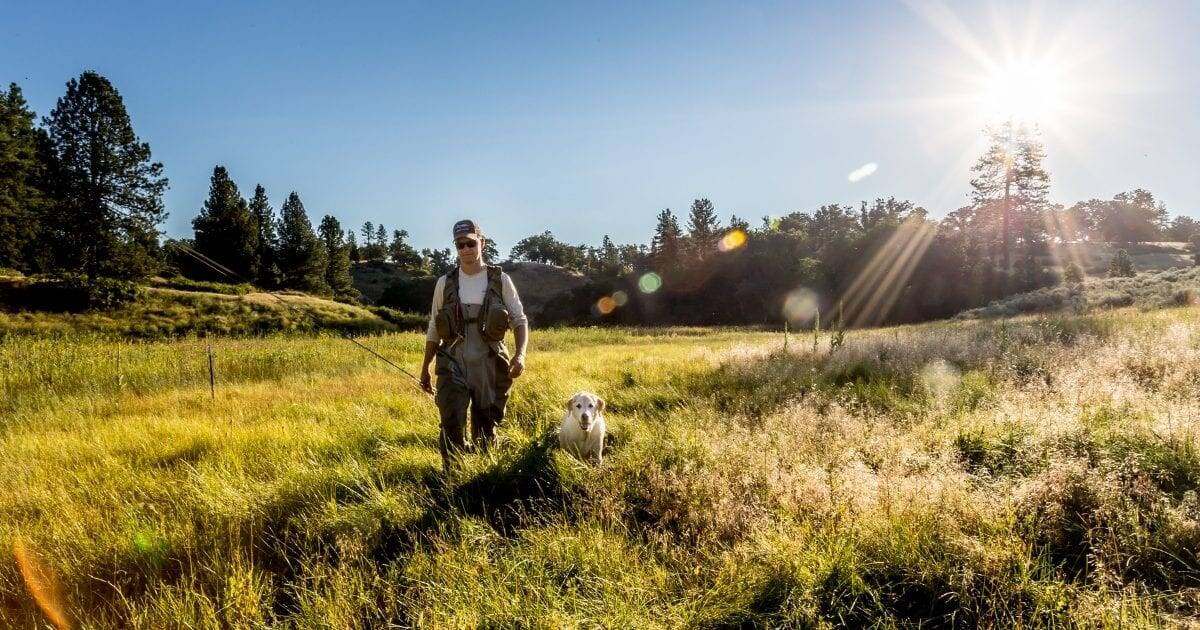The Economics of Outdoor Recreation
Access to the outdoors is valuable now more than ever. In a time where we cannot gather indoors due to the COVID-19 pandemic, we are grateful for our public lands and the ability to go outside.
Studies have shown that spending time outside and participating in outdoor recreation like fly fishing has inherent benefits such as improving your health and happiness.
An article titled, “The Economics of Outdoor Recreation” from the National Parks Traveler lists statistics from a 2019 report from the U.S. Bureau of Economic Analysis that quantified the economic benefits of the outdoor recreation industry.
The report stated that “boating/fishing was the largest conventional activity for the nation as a whole at $23.6 billion in current-dollar value-added. This was the largest conventional activity in 30 states and the District of Columbia and the second largest activity in 11 states. Florida ($3.3 billion), California ($2.0 billion), and Texas ($1.7 billion) were the largest contributors to U.S. value-added.”
These numbers show that the outdoor recreation industry not only supports individual well being but also contributes and supports the U.S. GDP and overall economy.
Jessica Turner, executive director of the Outdoor Recreation Roundtable, said “this is huge for the overall economy, rural and gateway communities and Americans looking for jobs or to start a career in a growing and powerful industry. This, combined with the recent passage of the Great American Outdoors Act, bolsters the benefits of the outdoor recreation economy and our efforts to ensure all Americans have access to our public lands and waters.”
During the COVID-19 pandemic, outdoor spaces have been a place for communities to find social connections through safely distanced activities in neighborhood parks or national parks. Seeing benefits in nature and outdoor recreation will continue to prioritize ways we can contribute to the economic, health, and well-being benefits across the U.S. in rural and urban communities. These benefits will also play an important role as we advocate to policymakers the need to continue to invest and protect our outdoor spaces and public lands.
We encourage you to continue to visit your local waterways and leave them better than you found it. Don’t forget to shop local and support small businesses.





